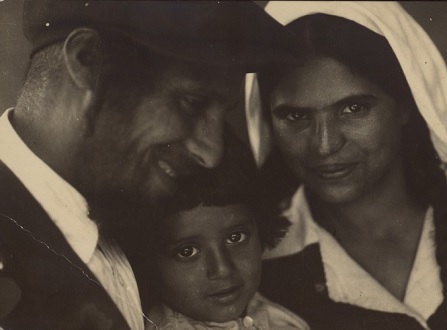Jews in Islamic Countries
For centuries, many thousands of Jews lived under the rule of Islam throughout the Middle East and North Africa. The early Jewish settlement in these areas began even before the Muslim conquest, and developed into bustling communities that created a rich cultural and spiritual heritage.
The 2,000-year-old Jewish presence in these regions ended almost completely in the 20th century, after most of the Jews immigrated to Israel, with a minority relocating to other countries. In the year 1948, around one million Jews lived in Islamic countries, but by 2020 only about thirty thousand remained, most of them in Turkey and Iran.
The larger communities existed in Morocco, Algeria, Iraq, Tunisia, Iran, Turkey, and Egypt, with additional communities in Libya, Yemen, Syria, and Lebanon. Each of these communities is characterized by its own unique history, culture and heritage, alongside many elements that are common among multiple communities.
The End of the Jewish Presence in the Islamic Countries
A sequence of processes that took place throughout the 19th and 20th centuries decided the fate of the Jewry of the Islamic countries. Western powers filled the power vacuum left by the dissolution of the Ottoman Empire. French, British and Italian colonial rule generally benefited the Jews. They cultivated ties with the Western authorities, adopted a European lifestyle, their economic and social status improved and many obtained foreign citizenship. However, these trends often aroused hostility toward the Jews among the local Arab populations.
World War II was a major turning point in regards to the social status of Jews living in Islamic countries. Along with age-old religious disputes, the Jews came to be identified with Britain and France, whose colonial rule the Arabs generally opposed by this point. The horrors of the Holocaust accelerated the struggle for the establishment of the State of Israel, and as a result, intensified the Arab-Jewish conflict. The Arab national awakening and the struggles of the inhabitants of the Islamic countries for independence accelerated the processes of decolonization. With the impending departure of the colonial authorities, the Jews feared for their fate due to their ties with the outgoing authorities. Indeed, when the Islamic states gained independence, the status of the Jews deteriorated to a new low point. The establishment of the State of Israel and the War of Independence exacerbated this situation even further.
Against this background, Jews suffered riots, arrests, restrictions, confiscation of property, discrimination as well as the revoking of their citizenship. Thus began the mass migration of the Jews of the Islamic countries. About half immigrated to Israel between 1945 and 1960, and most of the remaining emigrated in the following years.
The National Library of Israel preserves countless historical items that tell the stories of the Jews of the Islamic countries. The Central Archives for the History of the Jewish People contain communal, organizational and private documents as well as record books detailing the lives of the communities and the important events in their history. In addition, the Library holds photographs, recordings of life stories, musical works, historical press, manuscripts, articles, books and many other items that provide a glimpse into the rich heritage of the Jews of the Islamic countries.




